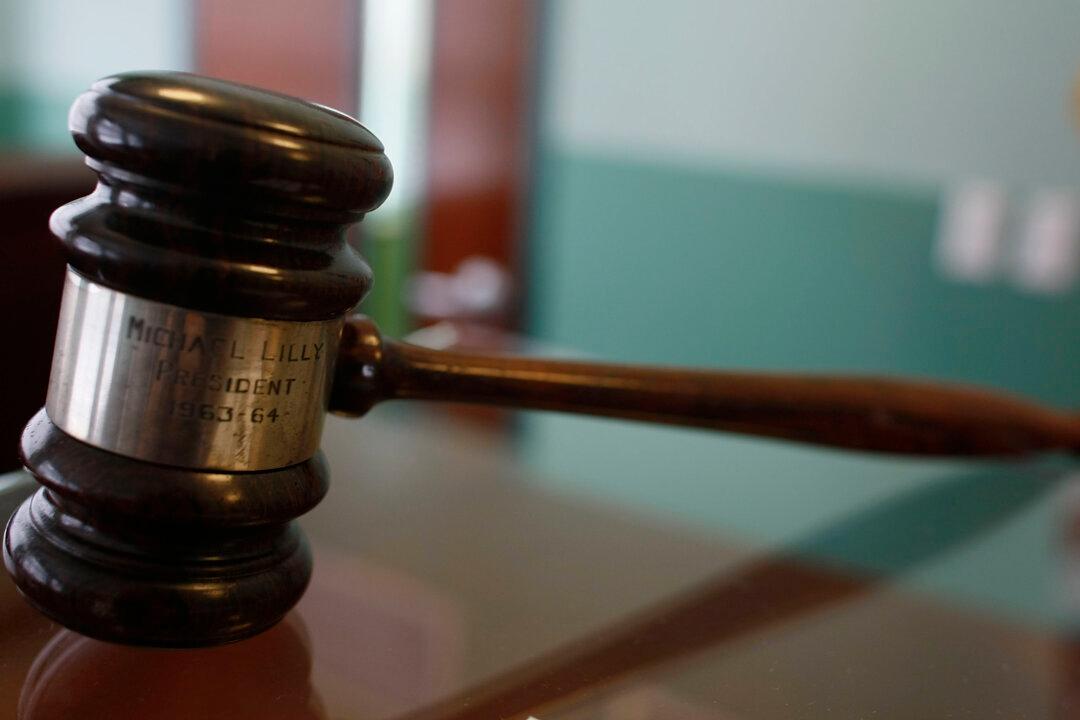A federal judge has ruled that West Texas A&M University (WT) did not violate students’ First Amendment rights when the institution’s president called off a drag show he deemed deeply offensive to women in a degree akin to blackface performances.
The canceled drag show was planned for March 31 on WT campus as a fundraiser for The Trevor Project, a nonprofit that describes itself as working to “end suicide among LGBTQ young people.” The event was open to children so long as they were with a parent or guardian.





